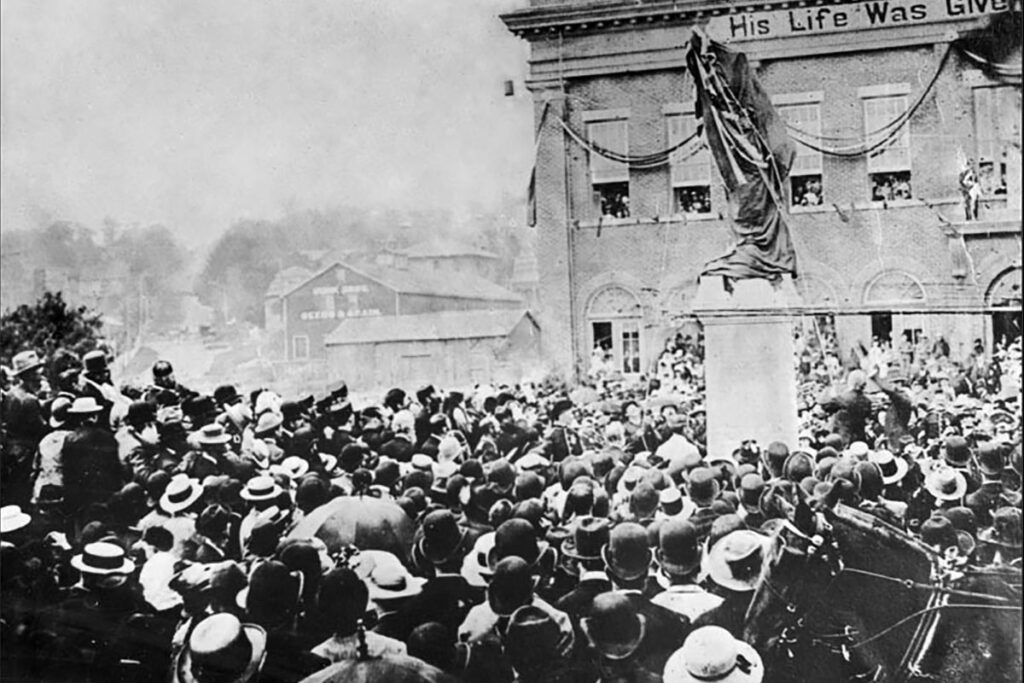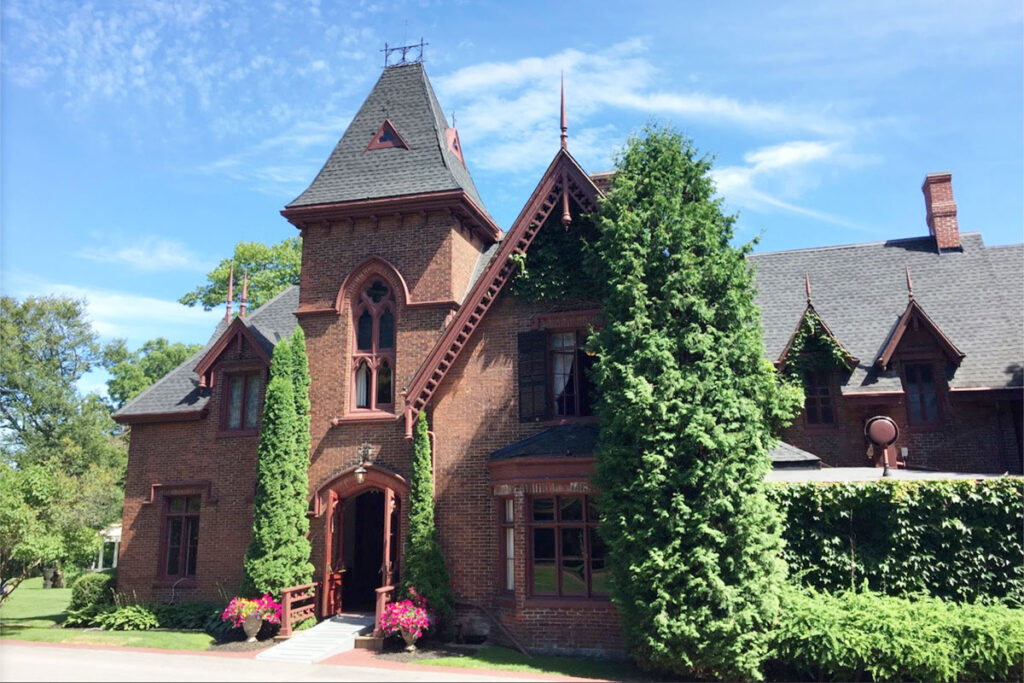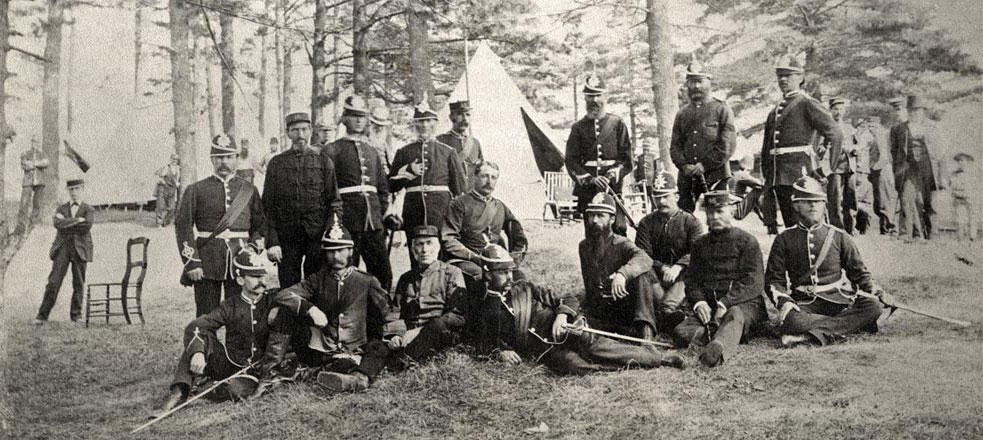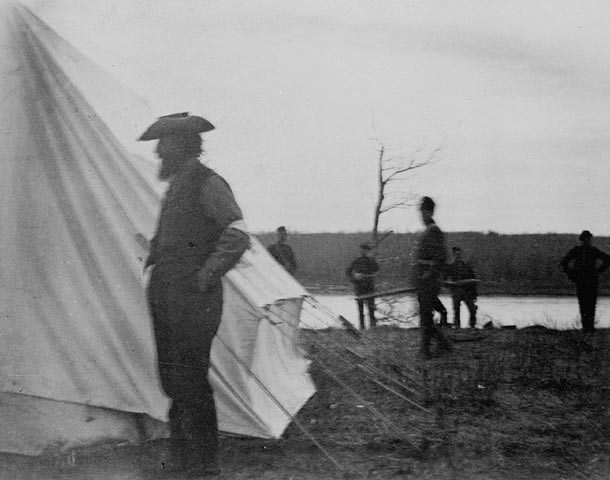By Bruce Bowden
Outside Town Hall stands the statue of one of Port Hope’s native sons and one of local history’s most disputed heroes. Lt-Colonel Arthur Williams, also known as “The Hero of Batoche” reaches towards the sky, sword in hand. An infamous moment in history frozen in time, serving as a reminder for generations to recall how this courageous leader urged the men of the Midland Battalion to follow him into what history refers to as The Battle of Batoche.
Swirled in controversy, Lt-Col. Arthur Williams was considered a hero by some, and a glory-seeking dissident by others. In 1885, the adoring townspeople of Port Hope had no doubt. To them, he was far and away a heroic leader and soldier who fought his way to victory and earned his place in history as a National hero.
Individuals on the other side of history’s fence felt Williams was in this battle against Louis Riel and the Métis forces, to fulfill his own greedy desire for glory. Williams, disobeying his commanding officer, General Frederick Middleton, led his troops in a disorderly charge on the rifle pits of the Northwest Rebellion and caused the deaths of a number of the men under his command.
Regardless, Wiliams efforts and those of his men lead to the end of The Battle of Batoche and the surrender of Riel and Plains Cree leader Chief Poundmaker. Dying just three days later of a fever, Williams’ body was returned in state to his home Port Hope. A huge funeral was held, and citizens erected a statue in his honour. To learn more about the Williams statue and the history of our contentious hero, please visit porthopehistory.com








